Be an Ethical Researcher
The Methodspace focus for August 2022 is on research ethics. We are returning to a topic we have covered over the years on Methodspace, with a new direction. The title is not follow research ethics protocols, it is purposely framed as: Be an Ethical Researcher. Of course, the forms and approvals are always needed to verify consent and ensure that the proposal is viable. But authentic research ethics means going a step further to walk the proverbial talk, and infuse ethical practices into all phases of the process of designing, planning, conducting, analyzing and reporting on the study.
While ethical theories and principles endure, we need to rethink how they apply today. We are in a time of rapid change, with a global pandemic, evolving technologies, and increasing awareness of cultural sensitivities and social justice issues. To understand ways to address emerging ethical dilemmas we will explore ways researchers can:
Stay up to date
Include under-researched and vulnerable participants
Conduct ethical international research and research with indigenous people
Use ethical practices to collect data online and interact with participants online
Build equitable, respectful research partnerships
Work within changing government policies, and changing expectations for privacy and protection of personal data
Contributions this month will include interviews and guest posts from thoughtful researchers including Nathan Durdella, Maria Lahman, Helen Kara, Catherine Dawson, Jennifer Lawlor, Michelle O’Reilly and Jessica Lester, and more.
Featured SAGE publications about research ethics:
The SAGE journal Research Ethics is fully open-access.
If you purchase any of these books from SAGE with this code - MSPACEQ322 - receive a 20% discount. Valid through September 30, 2022.
100 Questions (and Answers) About Research Ethics
Emily E. Anderson, Amy Corneli
100 Activities for Teaching Research Ethics and Integrity by Catherine Dawson
Conducting Research with Human Participants: An IRB Guide for Students and Faculty by Nathan Durdella
Ethics in Social Science Research: Becoming Culturally Responsive
by Maria K. E. Lahman
Research Ethics: Little Quick Fix by Cheryl N. Poth
Research Ethics for Human Geography: A Handbook for Students by Helen F. Wilson and Jonathan Darling
Methodspace posts about research ethics
Watch the recent, thought-provoking webinar focusing on the integration of generative AI tools within academic settings. The engaging guest speakers, Dr Leo Lo and Dr Tom Chatfield, delved into the significance of AI literacy for researchers, educators and students, as well as discussing best practices and ethical considerations.
Responsible Conduct of Research program from Epigeum offers vital training for maintaining integrity at every stage of the research lifecycle. In this blog, Professor Nicholas Steneck shares his experience of updating the course to reflect the evolving US research landscape.
Dr. Stommel brings clarity to the messy world of data collection on social media.
The wealth of material available online is irresistible to social researchers who are trying to understand contemporary experiences, perspectives, and events. The ethical collection and -use of such material is anything but straightforward. Find open-access articles that explore different approaches.
How to protect data when recording interviews on videoconference platforms.
The public is exposed to news stories about bad academic research behavior online. How can we counter this narrative and build credibility?
Julianne Cheek and Elise Øby, co-authors of the book Research Design: Why Thinking About Design Matters, discuss how to make decisions about what qualitative, quantitative, or mixed methods data to collect and how to do so. This post is the third of a three-part series of posts that feature ten author interviews.
Julianne Cheek and Elise Øby, co-authors of the book Research Design: Why Thinking About Design Matters, discuss how to make decisions about methodology in this collection of video interviews. This post is the second of a three-part series of posts that feature ten author interviews.
We need to think about research before we design and conduct it.
Julianne Cheek and Elise Øby, co-authors of the book Research Design: Why Thinking About Design Matters, discuss the first three chapters in these video interviews:
Chapter 1 – Research Design: What You Need to Think About and Why
Chapter 2 – Ethical Issues in Research Design
Chapter 3 – Developing Your Research Questions
Given the difficulties that emerged with the global Covid pandemic, the European Commission funded the PREPARED project. The aim of the project is to develop an ethics and integrity framework to guide researchers working to prevent and address large-scale crises. Find meeting reports, recordings, and related posts.
Some of us feel that technology is everywhere, but that is not the case for everyone. Inequalities persist. What do these disparities mean for researchers?
What ethical research practices are needed in a time-pressured crisis - such as the pandemic we have so recently experienced? These are questions the PREPARED team is tackling. Watch the livestream of the recent meeting in Paris.
Ethical decisions are present throughout the process of academic writing and publishing. This collection of open-access articles offers insights about some of the issues writers face.
Learn more about the peer review processes and ideas from the field about how to improve it. Find a variety of perspectives in this collection of open-access articles.
SAGE MethodSpace partnered with Prepared to Zoom into the meeting and hear selected delegates provide statements on the difficulties of research during global crises and suggestions on how stakeholders can work together better in the future. View the recording!
SAGE Publishing offered a free webinar during Banned Books Week. View the recording here.
Many Methodspace researchers conduct independent research, or are in situations where they do not have access to an Institutional Review Board or other ethics review options. Working with a private agency is an option, as described in this guest post.
Explore researchers' roles and practices for developing trust in this collection of open access articles.
This post offers research examples in open-access articles about ethical, respectful, research with Indigenous people and communities.
In this 2018 interview Dr. Benson Honig discusses ethical research conduct.


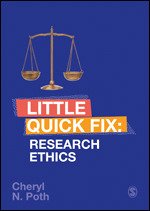
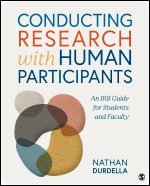
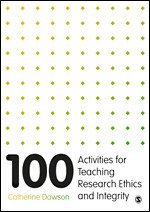
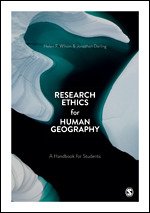

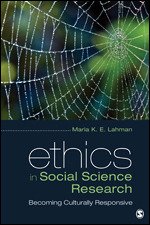


















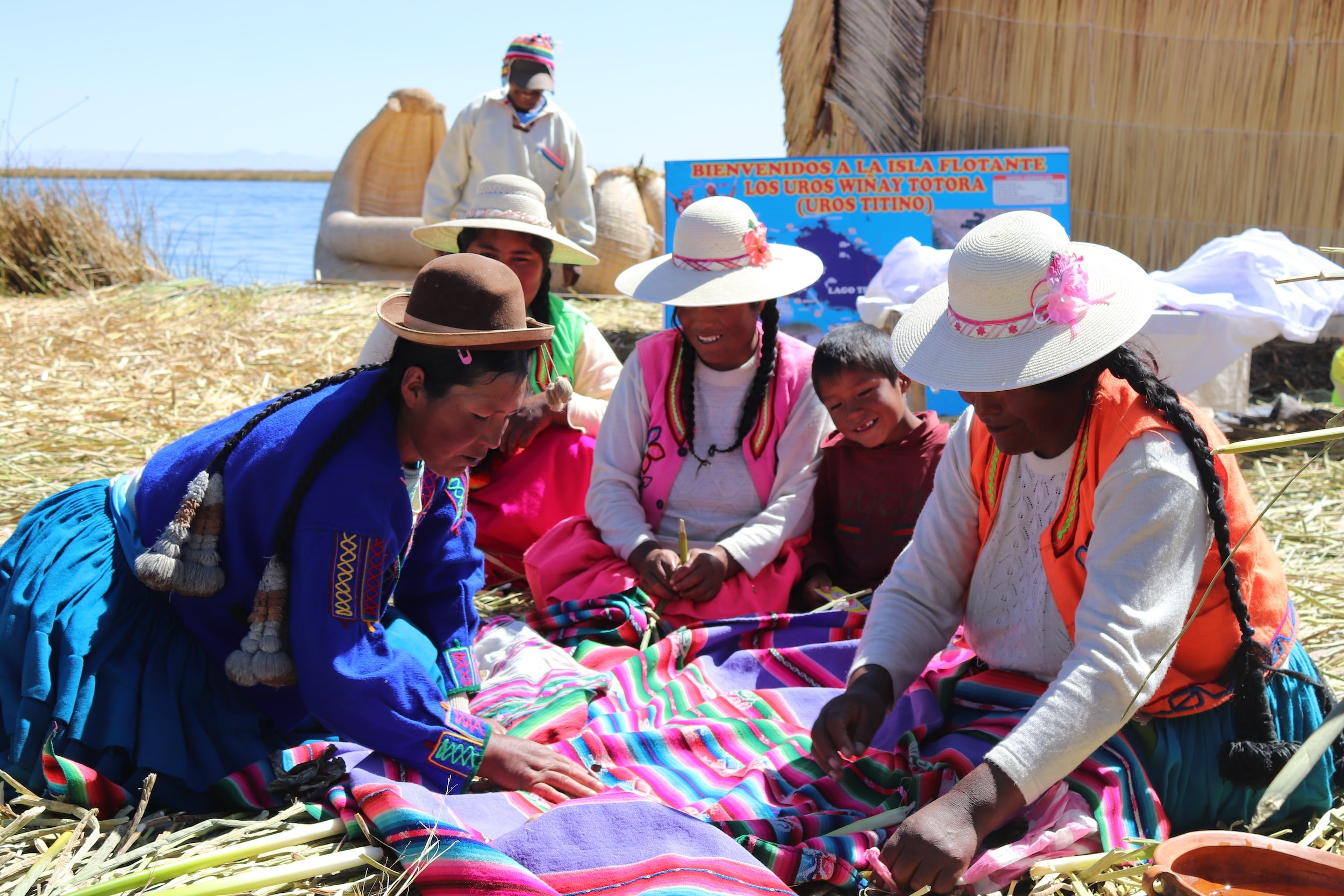

Informed consent is the term given to the agreement between researcher and participant. In this post Janet Salmons offers suggestions about the intersections of the Internet communications, ethics and participants.